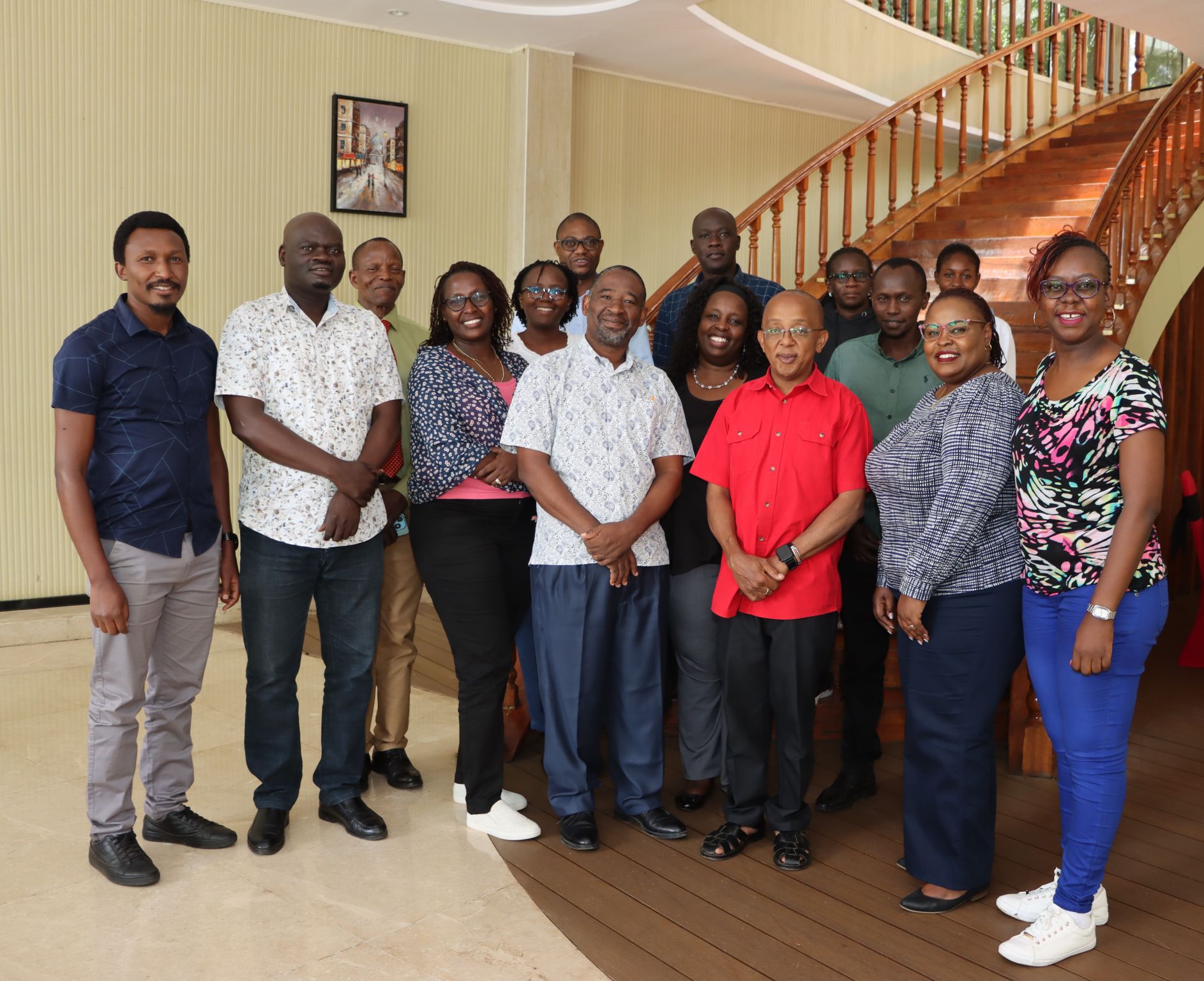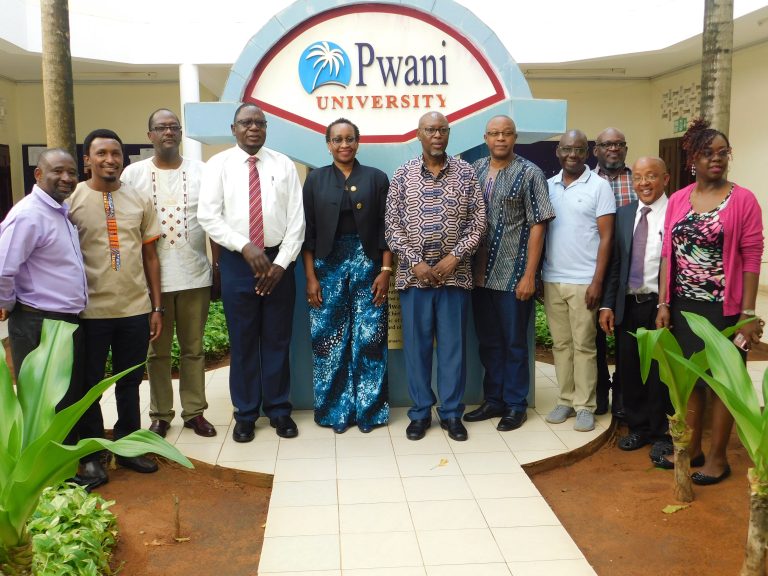Reflections from the Global AI Summit
The Global AI Summit for Africa brought together brilliant minds. More than a meeting, the summit left us with a call to action, a rallying cry to harness artificial intelligence as a transformative force. One that honors Africa’s values, empowers its people, and unlocks its immense untapped potential. Given the rapidly shifting global technological landscapes, the Summit foregrounded a deeply African vision: that AI need not be a foreign imposition, but can instead serve as a locally grounded, inclusive, and sustainable tool to shape Africa’s own future. The Summit called on Africa to lead and to define its own AI agenda that reflects the continent’s realities, aspirations, and diverse voices, rather than adapting to global AI trends.
An emerging key thread in the Summit was Africa’s demographic advantage: its youthful, tech-savvy population that is digitally curious and is increasingly ambitious about using data, algorithms, and innovative tools to address local challenges, quite an intersection with the ENGAGE project. Africa also holds a unique strategic advantage: its vast reserves of renewable energy that can power the data centers and digital infrastructure essential to AI development in a sustainable way, making Africa an active participant in the AI era and a global leader in green AI innovation. It is becoming increasingly interesting to witness the immense power that AI is showing glimpses of.
MY TALK: Focused on AI for Africa, by Africa: Ethical and Equitable talent development
I emphasized three foundational pillars: talent, infrastructure, and data liberalism, as the “magic bullet” for Africa’s AI transformation. I also highlighted a crucial but often overlooked issue: the silo mentality that has long characterized much of African research and education. In the pre-AI era, scientific disciplines and talent pools remained disconnected, leading to fragmented problem-solving and missed opportunities. But now, the AI revolution offers a bridge, connecting real-world applications across the social, biological, physical, and earth sciences in a way that aligns the problem space with the solution space.
I suggested a somewhat new paradigm. One that is multidisciplinary, collaborative, and locally relevant. Building Africa’s AI talent pool requires more than technical training; it demands a cultural shift in how departments, faculties, universities, and countries (both within Africa and through North-South partnerships) collaborate, share, and co-create. Fortunately, that is happening at ENGAGE through our learners; ENGAGE embodies problem-based, data-driven, and measurable learning in and within Kenya’s rural communities. Rather than teaching machine learning through abstract theory, ENGAGE focuses on real-world public health problems—connecting learners to the lives and needs of their communities.
How young women can carve out opportunities for themselves
So, how do I envision this year’s cohort of trainees re-imagining economic opportunities for themselves, given the skills we empower them with? My answer lies both in the tools and technologies they master and in the confidence and curiosity they develop. Our training will enable them to look at their environments with new eyes, identify challenges that have plagued their communities, and collaborate across cultures and disciplines to create meaningful solutions. The training is rooted in problem-solving, and as seen with last year’s cohort, our trainees go on to spot market gaps, launch ventures, and create their own opportunities.
By cultivating a mindset focused on delivering value to communities and institutions, we are equipping them to build sustainable futures for themselves, their families, their communities and those around them.
Dr. Timothy Kamanu
Co-Principal Investigator ENGAGE Project




